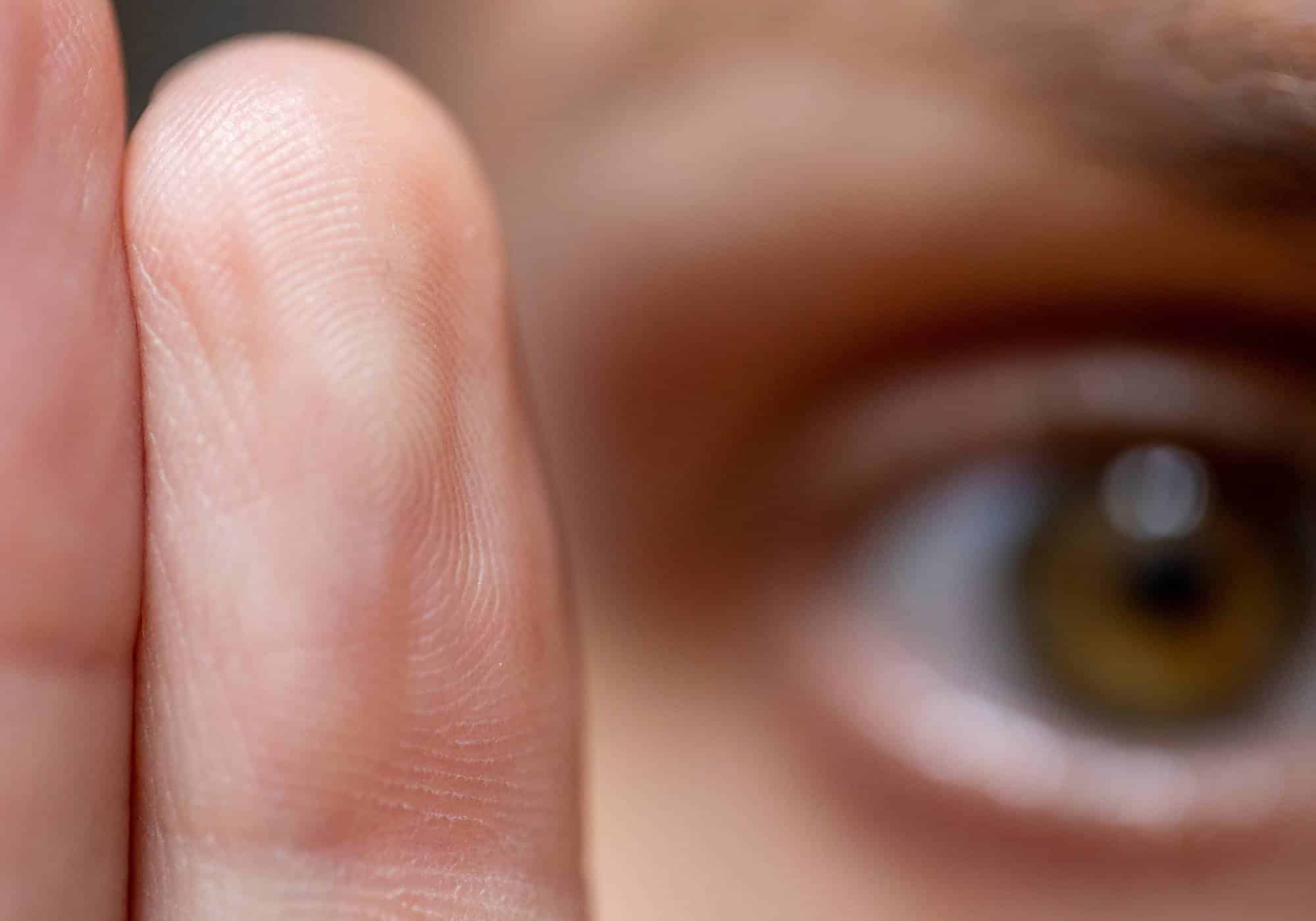Eye Movement Desensitization and Reprocessing (EMDR) Therapy at Hooked on Hope Mental Health gives adults in Atlanta and surrounding suburbs an evidence-based way to clear trauma memories without pausing work, school, or family life. Outpatient EMDR pairs brief snapshots of distressing events with bilateral stimulation— usually guided eye movements—so the brain can “re-file” the memories as past, not present, threats. In six to twelve 60-minute sessions, many clients see sharp drops in flashbacks, panic, and substance-use cravings while still sleeping in their own beds and practicing new skills in real-time settings. This comprehensive guide explains how EMDR works, why it excels in an outpatient format, what to expect at each phase, and how to start therapy through Hooked on Hope’s flexible evening and weekend schedules.
What Is EMDR Therapy?
From Eye Movements to Global Guideline
Psychologist Francine Shapiro, PhD first documented EMDR’s trauma-relief effects in 1987. Since then the World Health Organization, U.S. Department of Veterans Affairs, and American Psychological Association have each listed EMDR as a first-line post-traumatic stress treatment.
Adaptive Information Processing—the Heart of EMDR
Shapiro’s Adaptive Information Processing (AIP) model holds that overwhelming experiences sometimes store “raw,” leaving sounds, images, and body feelings frozen in the nervous system. Bilateral stimulation (BLS) taxes working memory and calms the amygdala, allowing the brain to reprocess those memories and file them with normal context. Functional-MRI studies confirm reduced limbic activation and stronger prefrontal control after successful EMDR sets.
Why Choose EMDR in an Outpatient Setting?
Real-World Skill Practice
Leaving each session to return home, work, or campus lets you test new calm-down tools immediately—boosting generalization and reducing relapse risk. A 2024 European Journal of Psychotraumatology follow-up found that outpatient EMDR clients held large PTSD symptom gains 12 months later.
Flexible Scheduling & Lower Cost
Hooked on Hope offers morning, evening, and tele-EMDR blocks, eliminating Atlanta traffic barriers and the higher price tag of residential care. Because EMDR often resolves single-incident trauma in 6–12 visits, the overall cost can beat longer talk-therapy courses even when the per-session fee is slightly higher.
Integrated Dual-Diagnosis Support
Roughly 60 % of people seeking trauma care also battle substance misuse. By pairing EMDR with our Intensive Outpatient Program (IOP) and Partial Hospitalization Program (PHP) groups, Hooked on Hope helps clients desensitize trigger memories and learn CBT relapse-prevention skills in the same week.
Conditions We Treat with Outpatient EMDR
- Post-Traumatic Stress Disorder (PTSD)
- Complex or developmental trauma
- Anxiety and panic disorders
- Depression linked to loss or abuse
- Substance-use disorder triggers
- Phobias and performance anxiety
- Distressing medical or accident memories
The Eight Phases of EMDR Therapy
| Phase | What Happens at Hooked on Hope |
|---|---|
| 1. History & Treatment Planning | Biopsychosocial intake; identify target memories and clarify outpatient schedule. |
| 2. Preparation / Resourcing | Two sessions on grounding, safe-place imagery, and mindfulness apps you can use at home. |
| 3. Assessment | Select worst image, negative belief (“I’m unsafe”), desired positive belief (“I survived”), and baseline distress (SUD) & credibility (VOC) scores. |
| 4. Desensitization | 30-second eye-movement sets with therapist feedback until SUD drops toward zero; tactile buzzers or alternating tones available for visual-processing limits. |
| 5. Installation | Strengthen positive belief with fresh BLS rounds. |
| 6. Body Scan | Notice residual tension; pair with light stretching homework. |
| 7. Closure | End each session with breathing, future-template imagery, and a written safety plan for the next 48 hours. |
| 8. Re-evaluation | Begin next visit by checking dreams, triggers, and whether the target still carries charge. |
Most single-event trauma clients complete processing in six to eight weekly sessions; complex trauma might take 20+ targets over several months.
Research & Effectiveness in Outpatient Care
84–90 % of single-incident survivors no longer met PTSD criteria after three to six EMDR sessions.
An intensive outpatient EMDR cohort showed large effect sizes and sustained gains at 12 months.
Meta-analyses find EMDR achieves equal or better outcomes than trauma-focused CBT in roughly half the total therapist hours.
How EMDR Compares to Traditional Talk Therapy
| Factor | EMDR | CBT / Prolonged Exposure |
|---|---|---|
| Story detail required | Minimal – brief snapshot | Extensive narrative homework |
| Sessions to relief | 6–12 (single trauma) | 12–20 |
| Homework load | Light (grounding practice) | Moderate–high |
| Primary mechanism | BLS + working-memory taxation | Habituation + cognitive reframing |
| Fit for busy schedules | 60-min blocks; fewer visits | Weekly 50-min for months |
Clients who like structured worksheets may prefer CBT; those who dread repeated retelling often choose EMDR’s quieter process. Many combine both for maximum resilience.
What to Expect During Your Hooked on Hope EMDR Journey
- Free 30-minute consultation – discuss goals, insurance, and scheduling.
- Intake & safety planning – ensure outpatient level is appropriate; coordinate medication if needed.
- Weekly or twice-weekly EMDR sessions – 60–90 minutes each in private offices or secure telehealth.
- Between-session support – optional check-in calls, coping-skills handouts, and access to our evening skills groups.
- Graduation & aftercare – booster EMDR sessions or transition to monthly CBT as goals are met.
Is EMDR Right for You?
Ideal Candidates
- Adults with identifiable distressing memories
- Moderate PTSD, anxiety, or depression stable enough for outpatient setting
- Motivation to practice simple grounding skills at home
Contraindications & Cautions
- Unmanaged psychosis or active self-harm urges (require stabilization first)
- Complex dissociative disorders may need longer preparation phases
Our clinicians complete a Dissociative Experiences Scale (DES) screen and coordinate with your psychiatrist to tailor pacing.
Insurance & Cost
EMDR sessions bill under CPT 90834 (45 min) or 90837 (60 min). Most Georgia PPOs, Medicare, and many Medicaid managed-care plans reimburse when medically necessary; our benefits team secures any prior authorization for extended 90-minute blocks. Self-pay rates start at $165, with sliding-scale slots for uninsured clients.
Frequently Asked Questions
How quickly will I feel better?
Many single-incident clients notice reduced nightmares or flashbacks within three sessions; complex trauma takes longer but still trends faster than standard talk therapy. Relief continues between visits as the brain keeps processing.
Will I have to talk about my trauma in detail?
No. You share a brief snapshot or image, then most processing happens silently while following eye cues. This makes EMDR easier for people who feel shame or overwhelm when describing events.
Can EMDR help if I also have an addiction?
Yes. Studies link trauma symptom drops to lower cravings and relapse rates. Hooked on Hope integrates EMDR with outpatient addiction counseling for dual-diagnosis clients.
What side effects should I expect?
Temporary fatigue, vivid dreams, or emotional waves in the first 24–48 hours are common and a sign the brain is reprocessing. Your therapist teaches grounding to manage these sensations.
Does insurance cover EMDR telehealth?
Most carriers now reimburse HIPAA-secure video EMDR just like in-person sessions. We handle the coding and submit claims on your behalf.
How long are sessions?
Standard outpatient EMDR at Hooked on Hope runs 60 minutes. Clients processing complex material may opt for 90-minute intensives to accelerate progress.
What if memories feel worse before they get better?
Brief spike in distress can happen as networks reactivate. Stay in touch with your therapist, use coping tools, and remember the discomfort signals healing is underway.
Take the Next Step Toward Healing with EMDR Therapy in Atlanta, GA
Hooked on Hope Mental Health brings EMDR, CBT, IOP, PHP, and medication management together in one outpatient hub minutes from downtown Atlanta. 470-287-1927 or fill out our online contact form to schedule your free consultation. Trauma shouldn’t run the rest of your life—let’s reprocess it and move forward, together.


